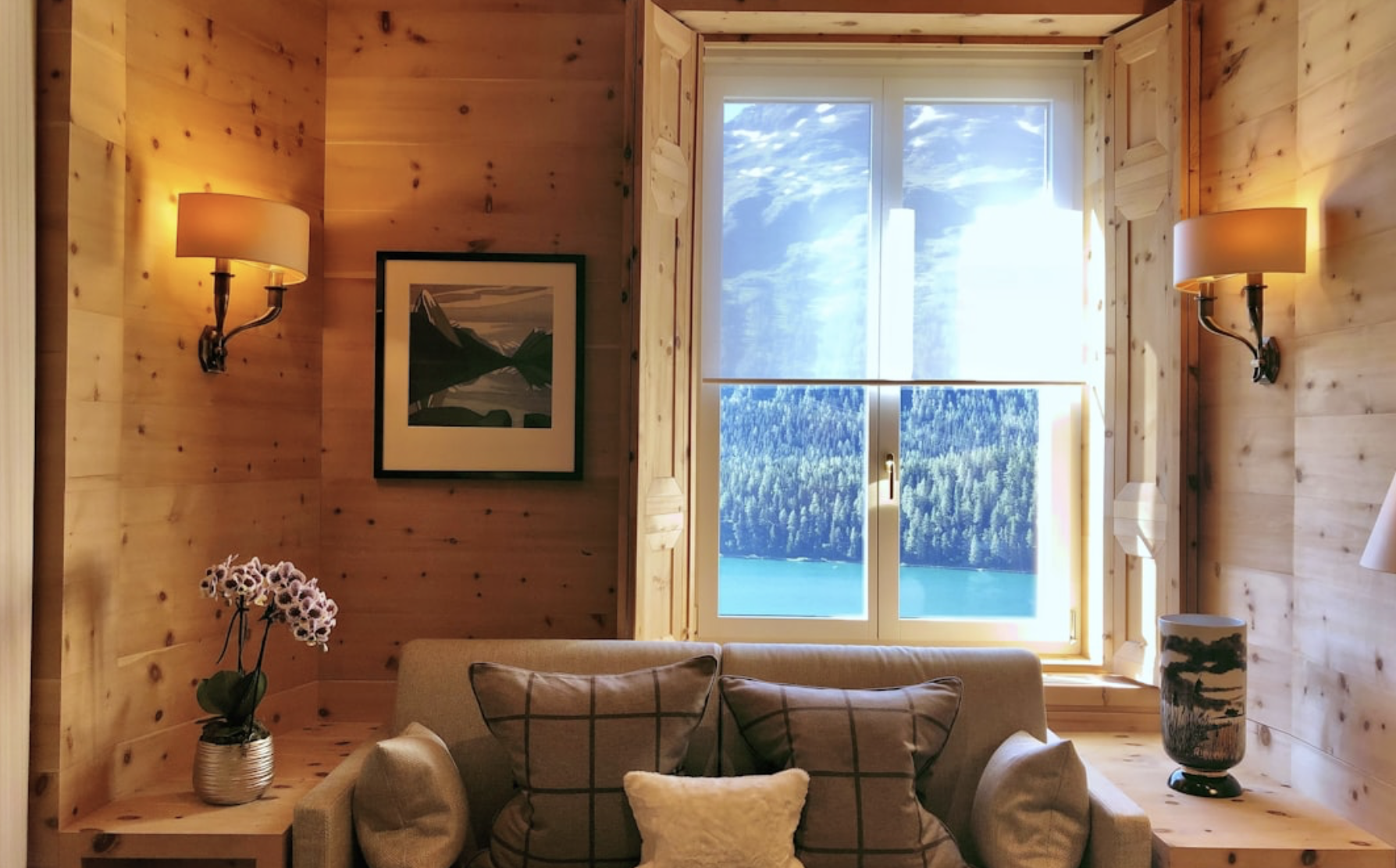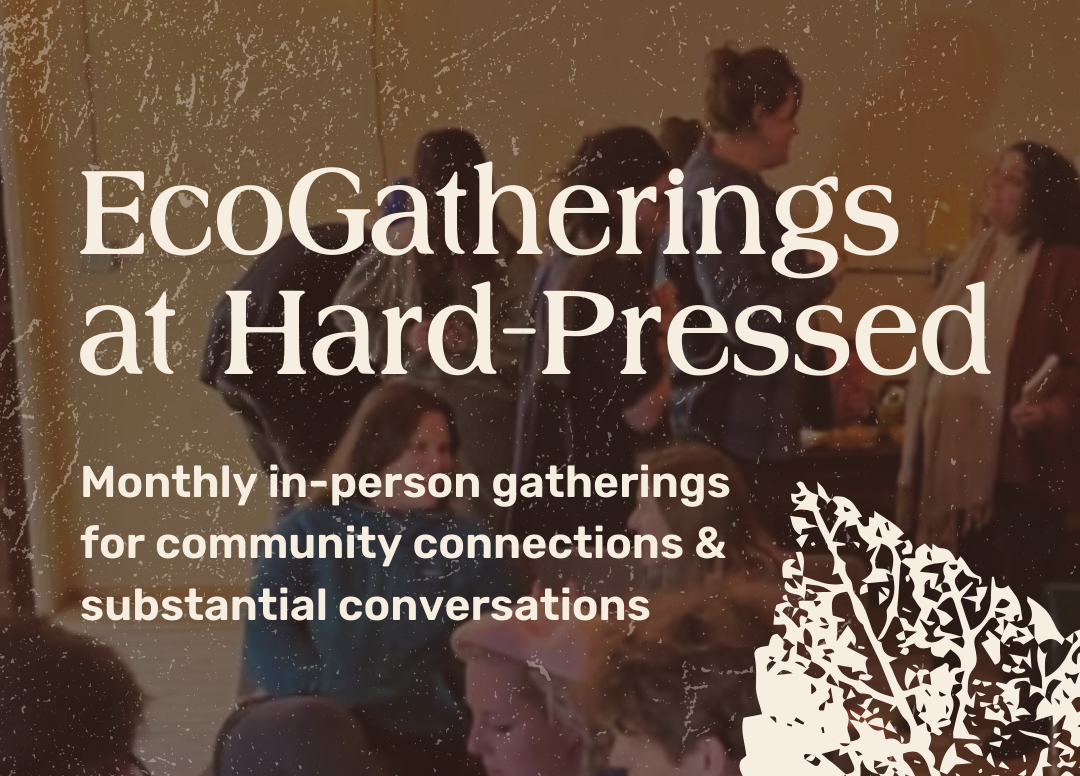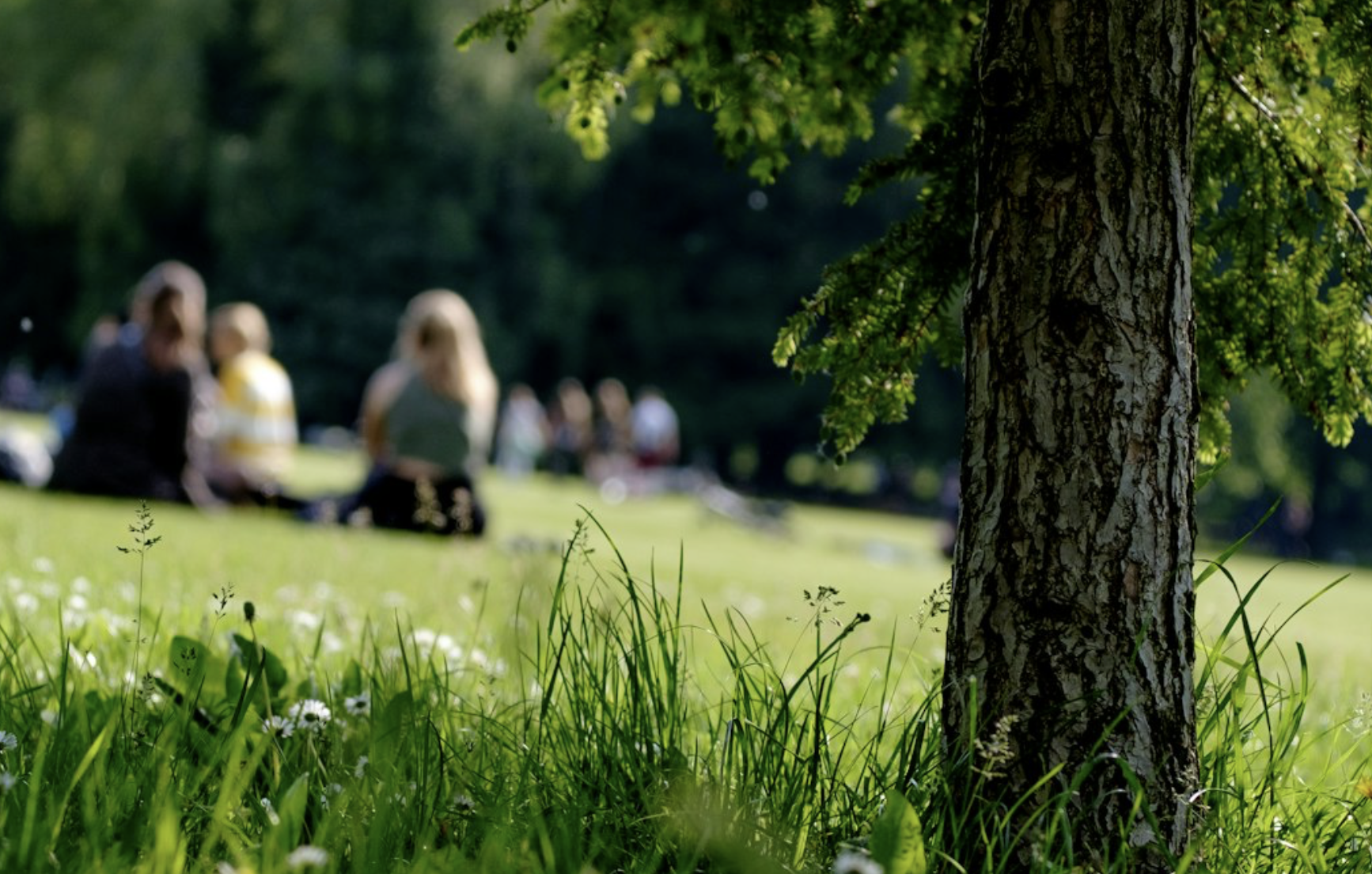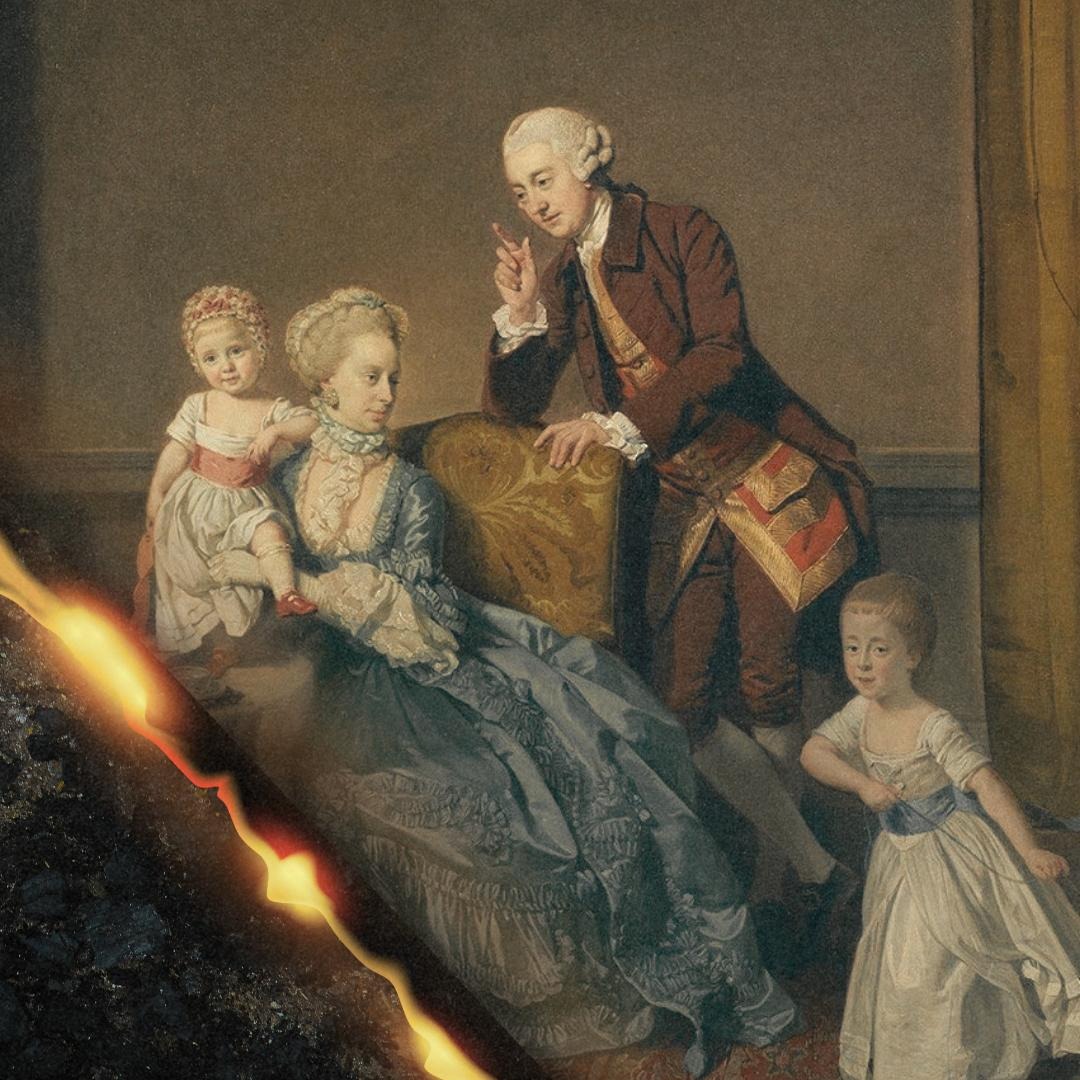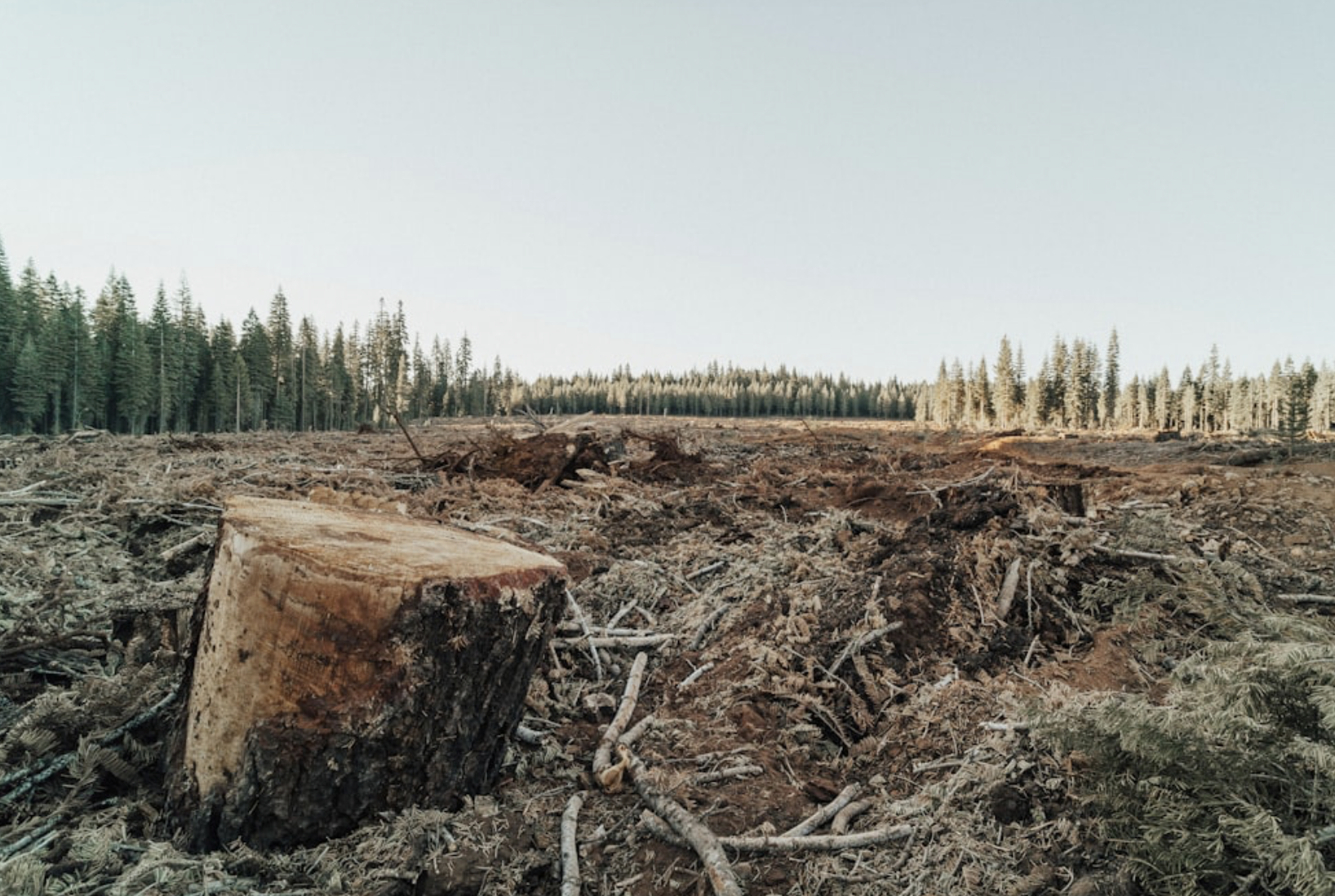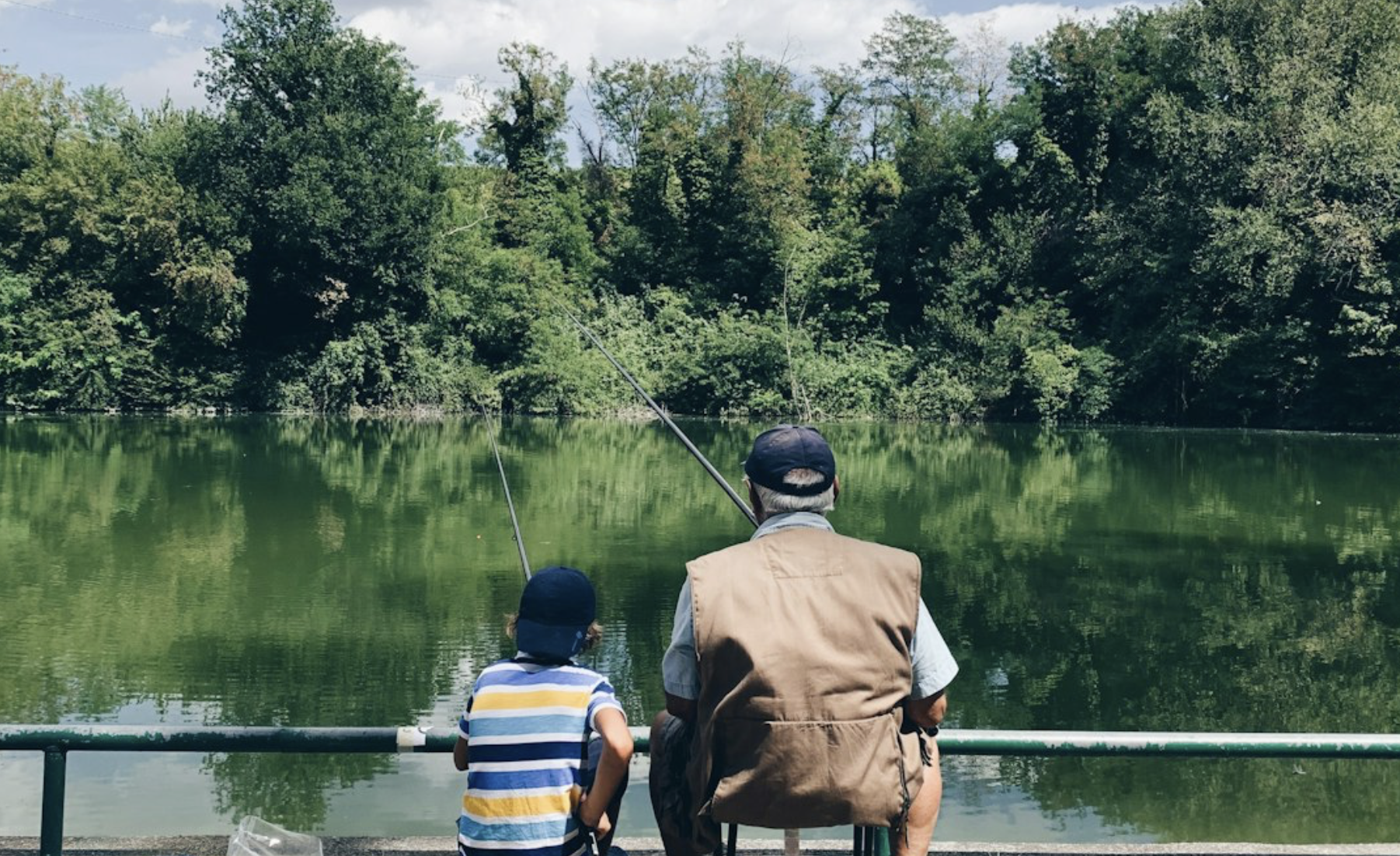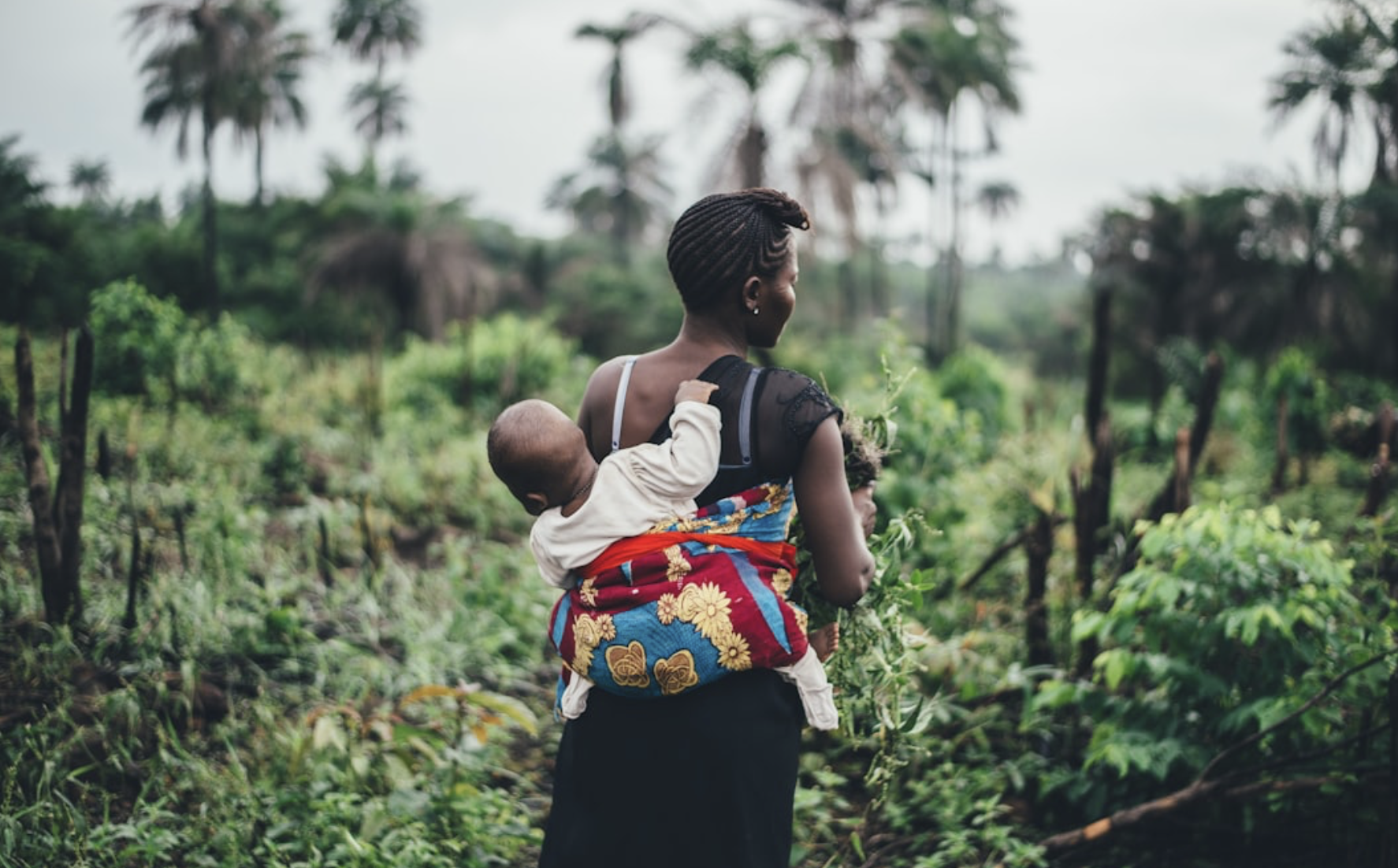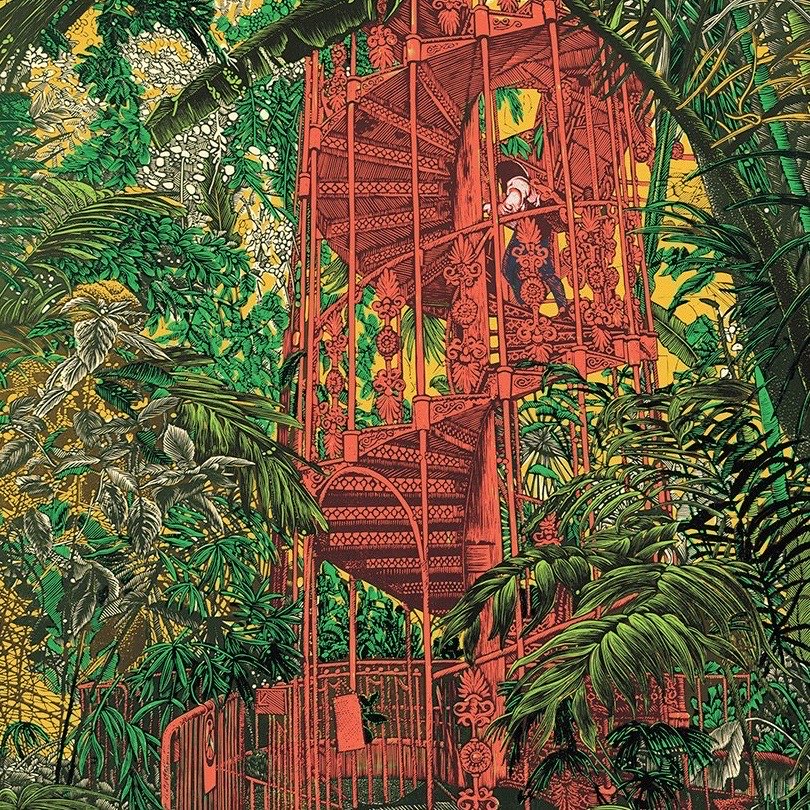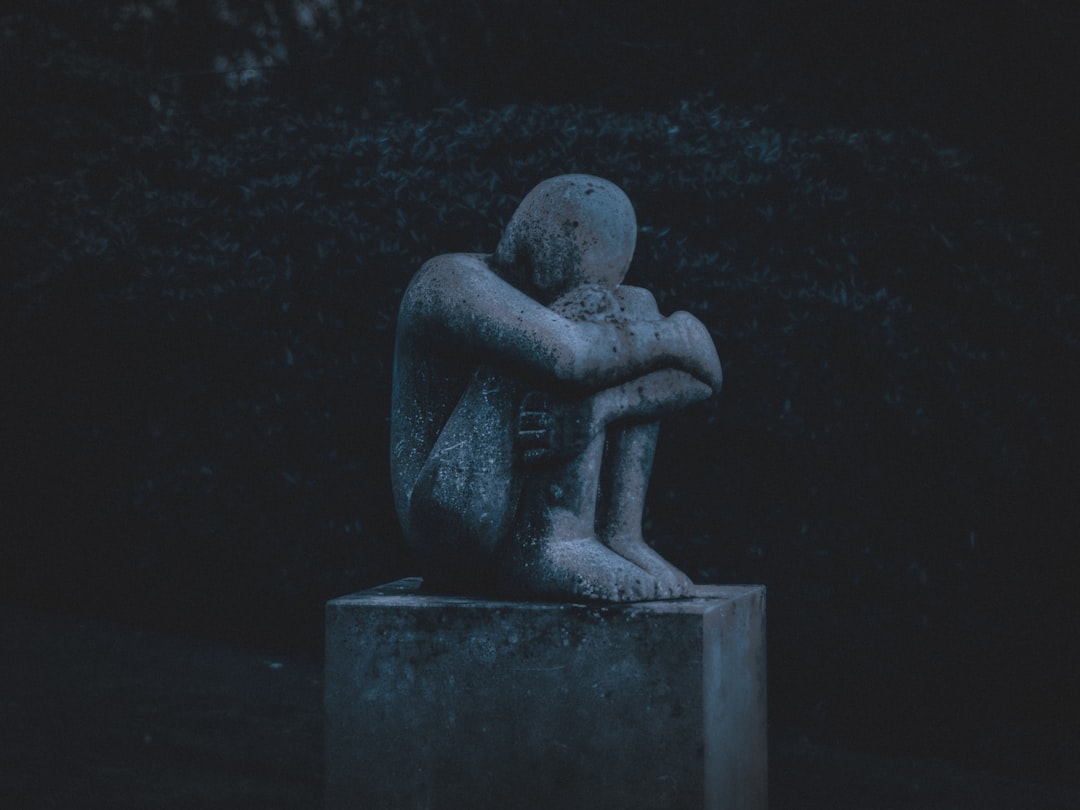
Good Grief
Good Grief is a group exploration of our collective grief through the frameworks of Francis Weller’s Five Gates of Grief (The Wild Edge of Sorrow). Inspired by our EcoGathering on Grieving during the autumnal Composting series in 2024 and an increasing urgency to process the compounding loss we experience as the continuation of modernity relies on genocide, ecocide, omnicide and fascism’s impingement on our basic rights and liberties, we will hold space to tend to the complex and often unaddressed grief that accompanies these losses and expand our emotional capacity for collective grieving as a skill for navigating uncertain futures.

